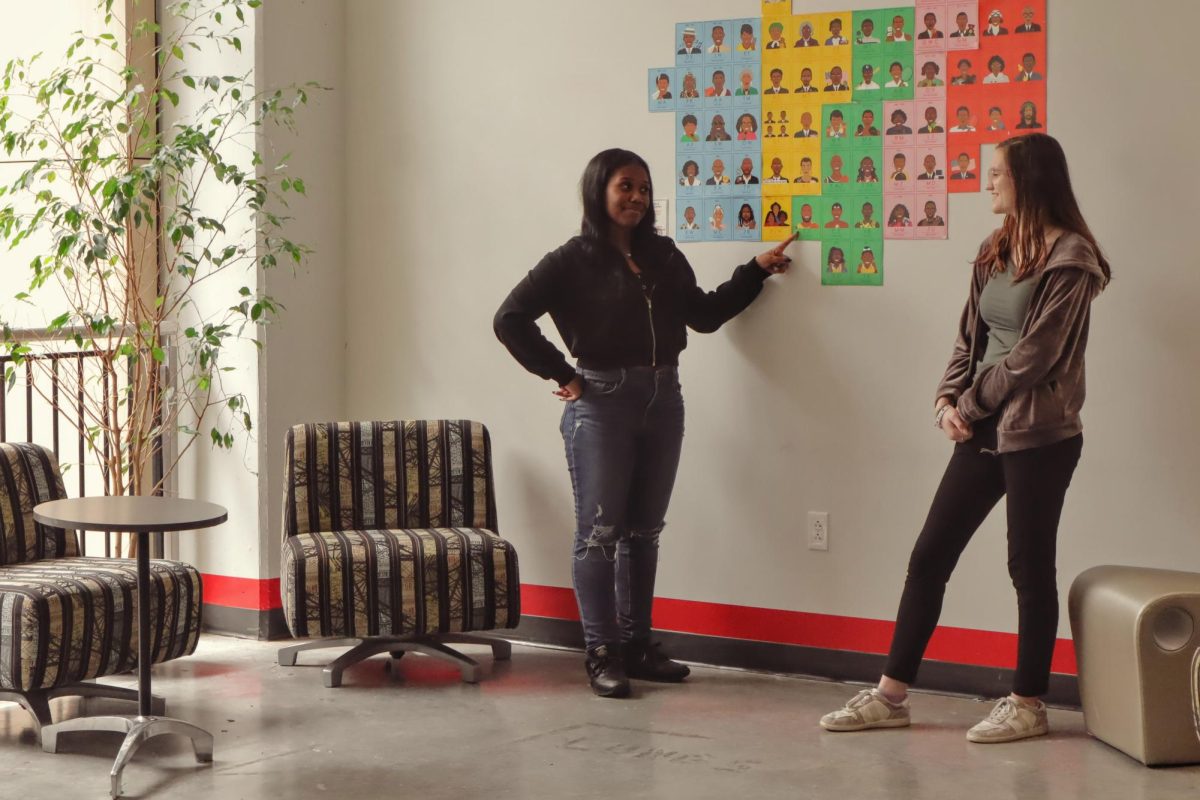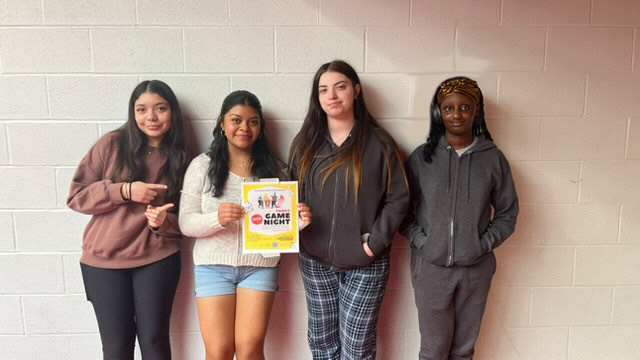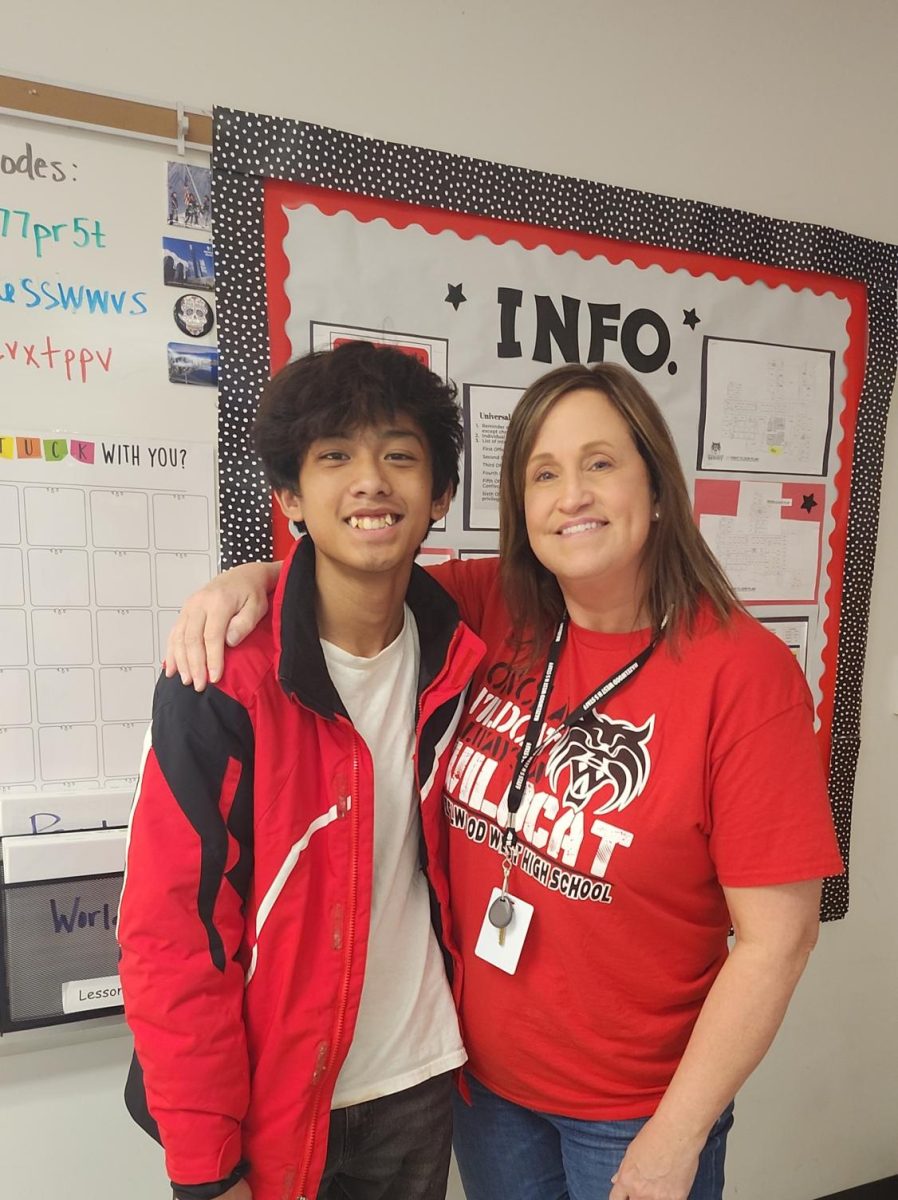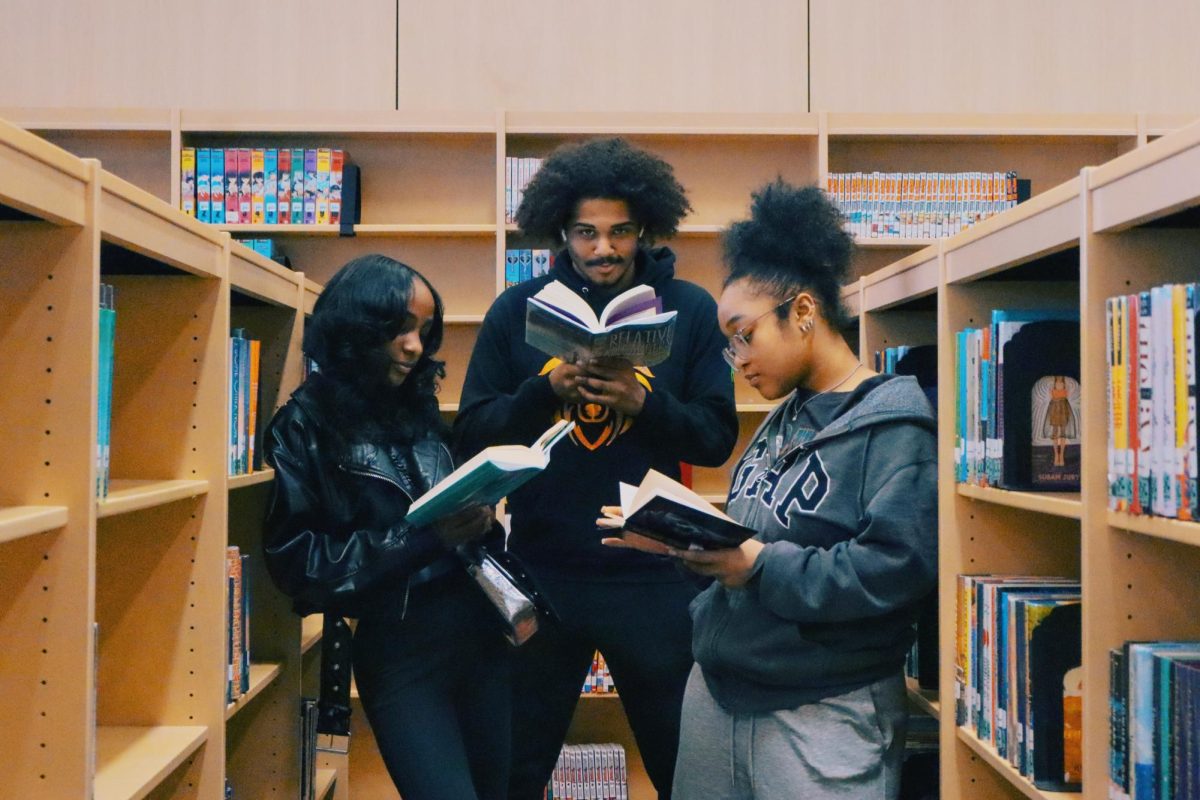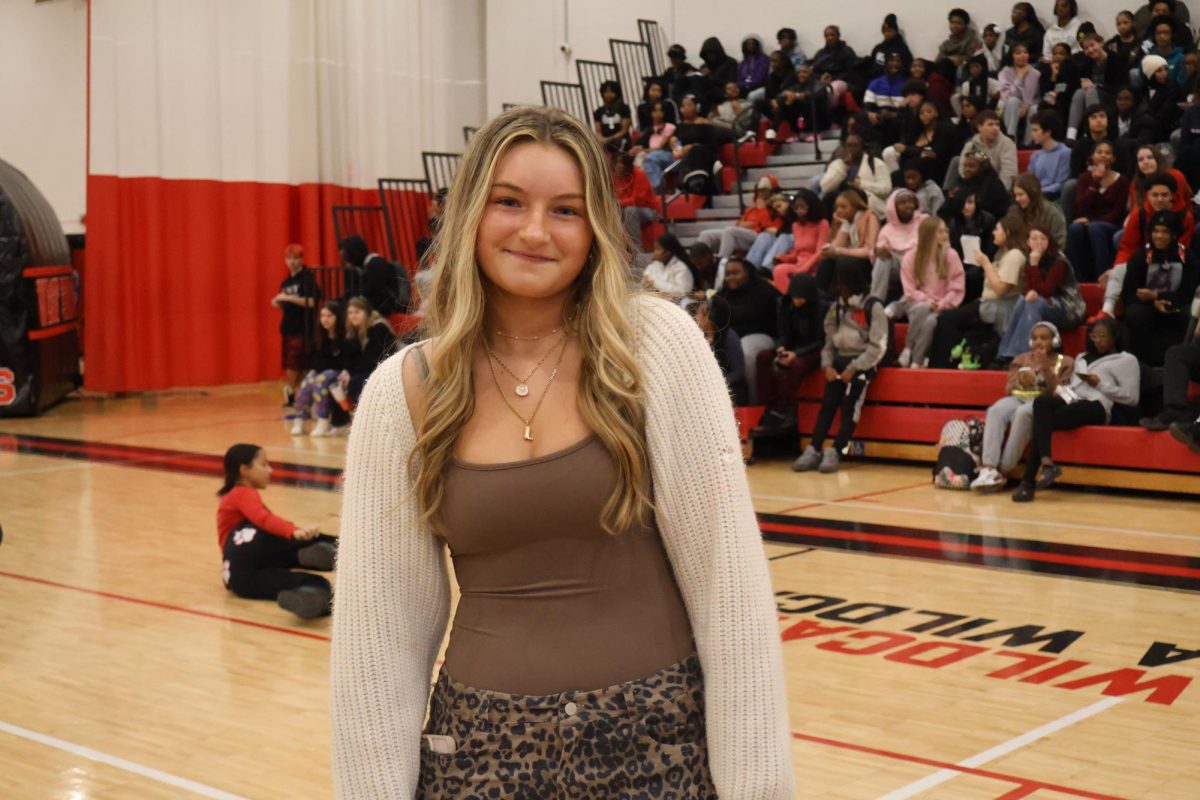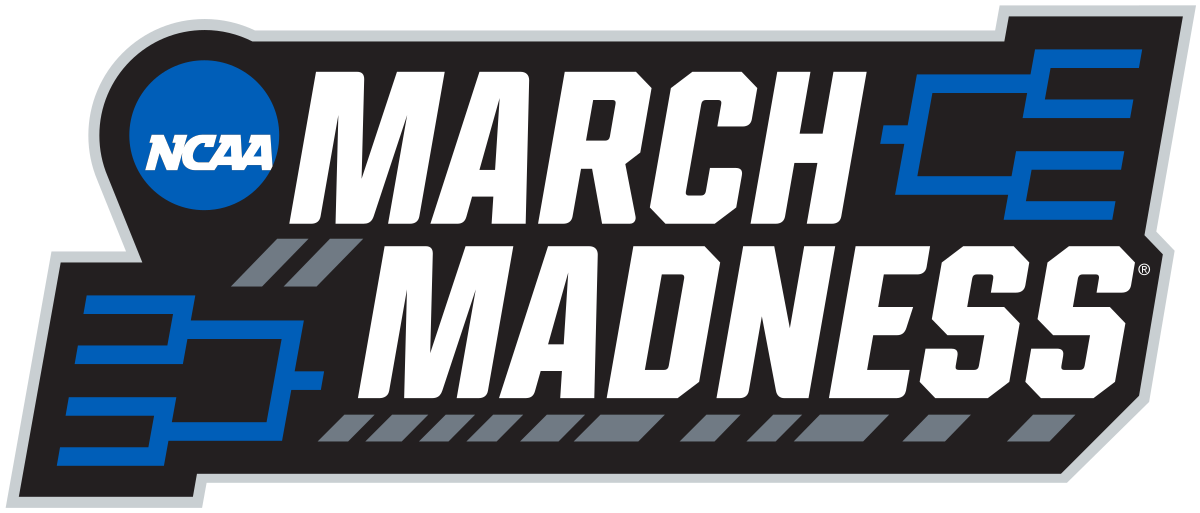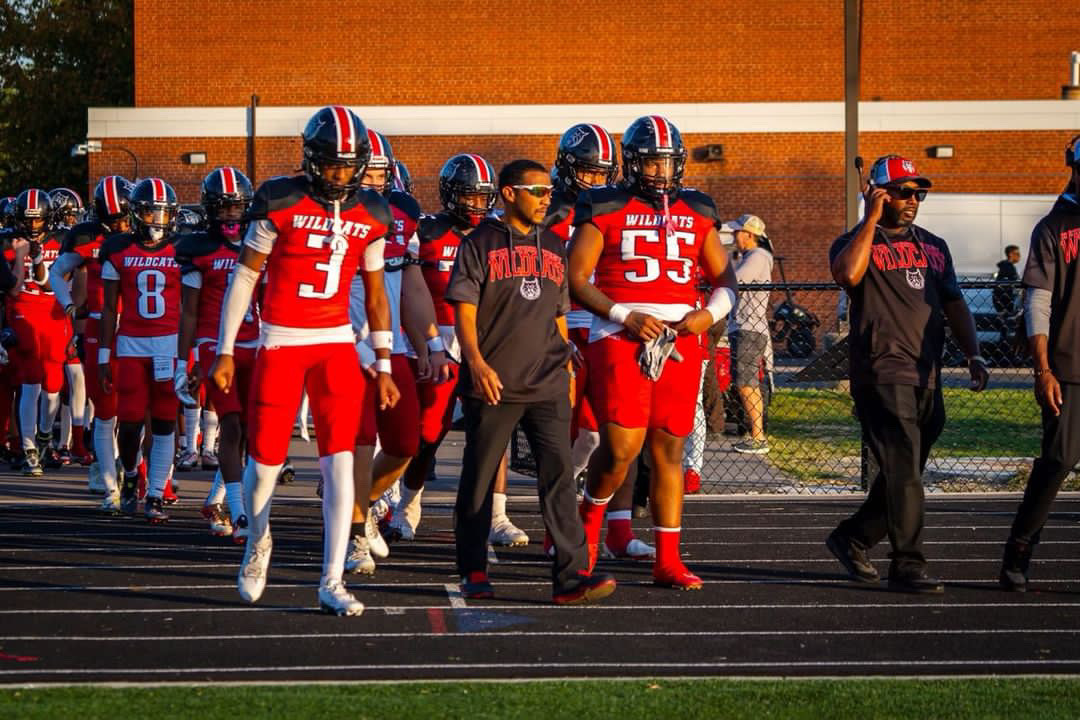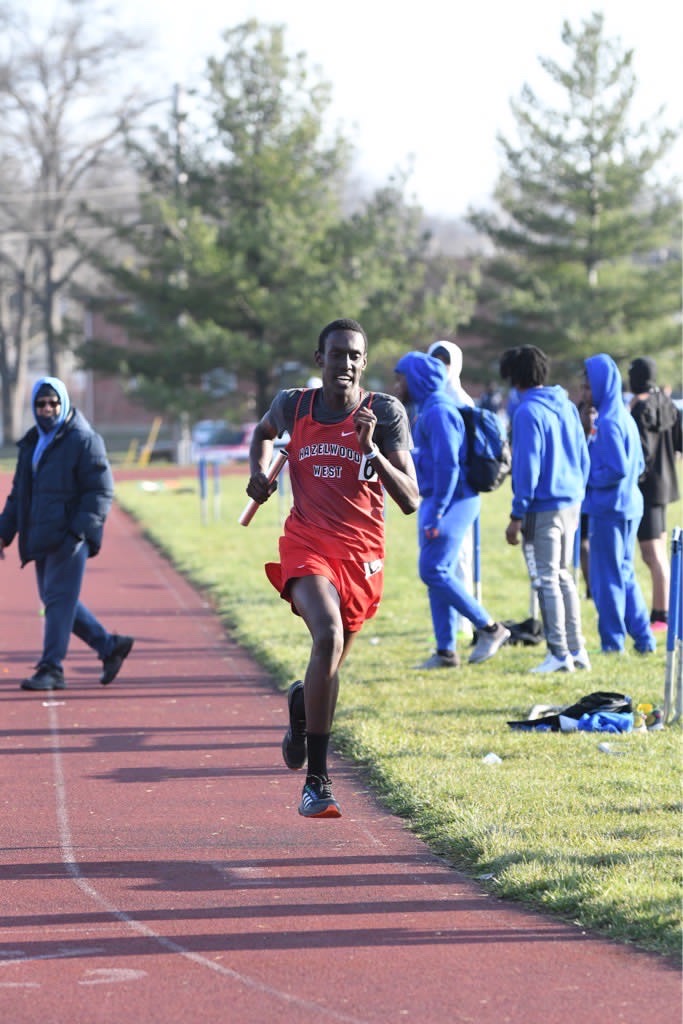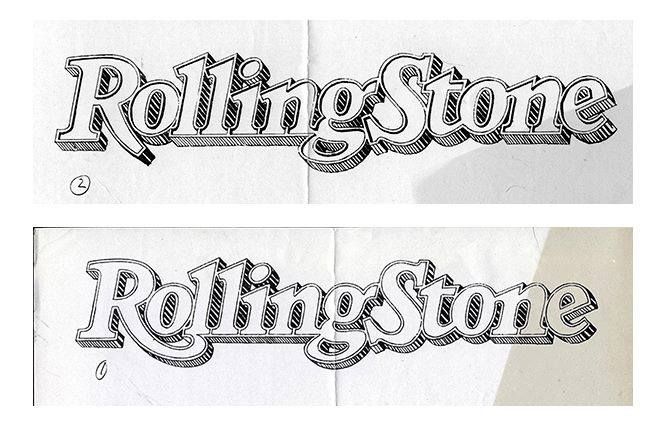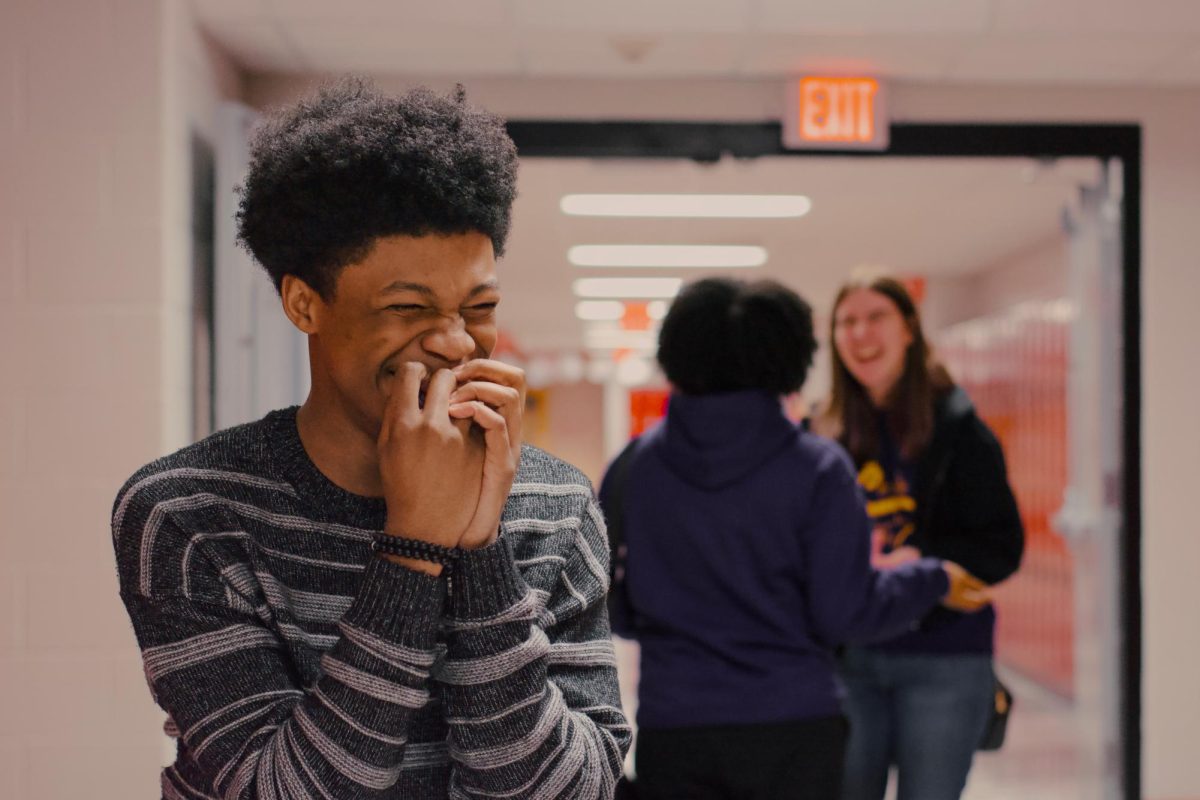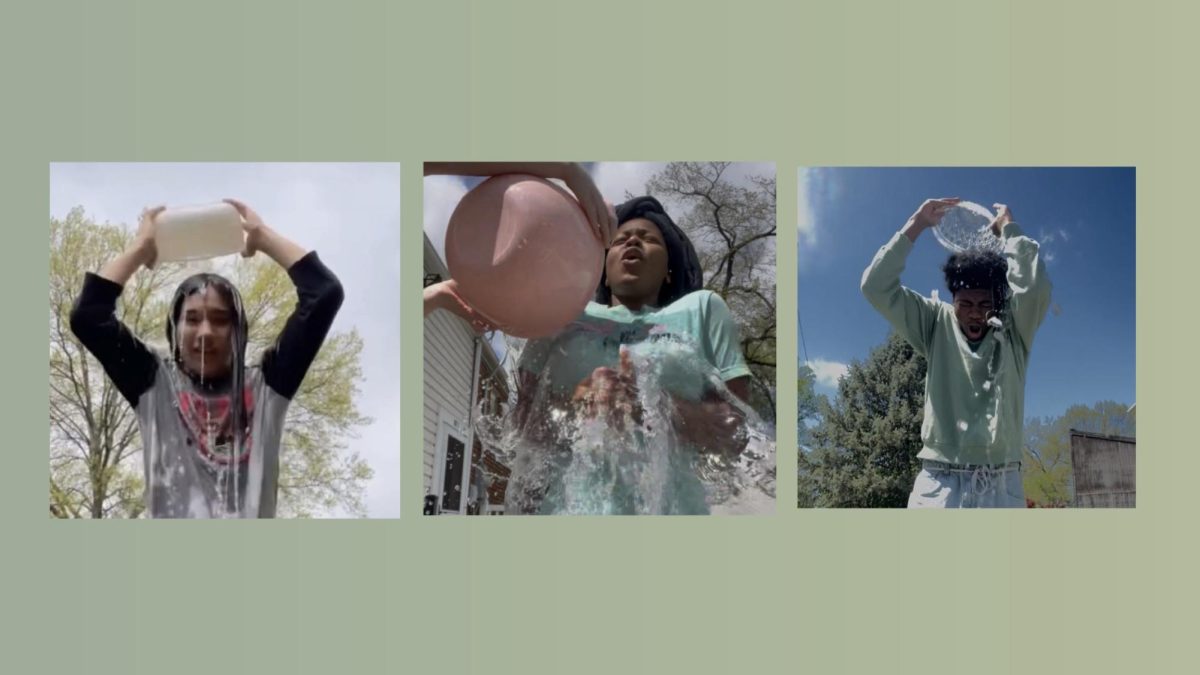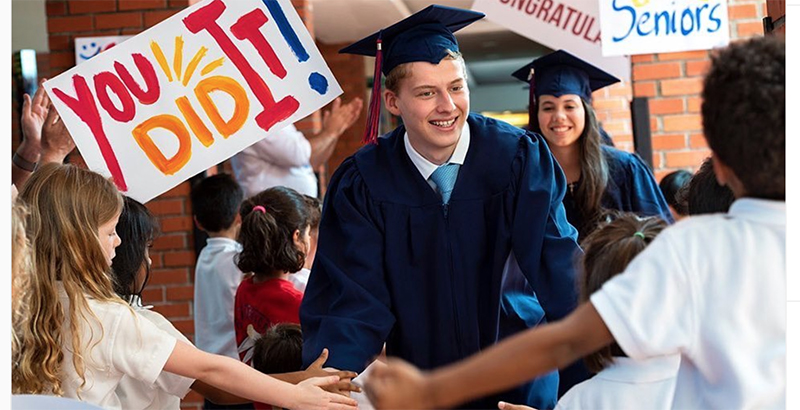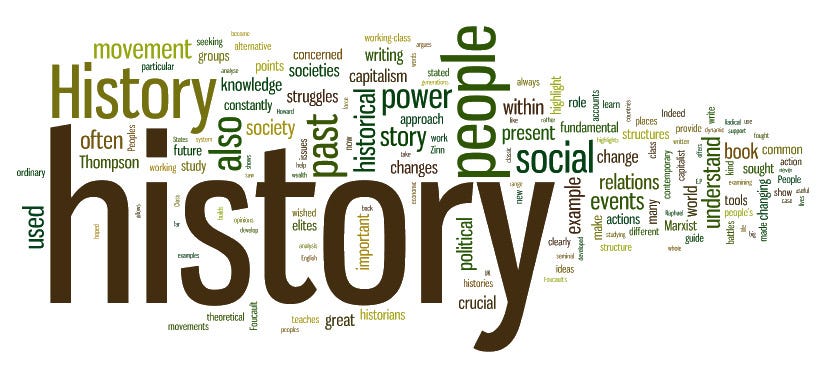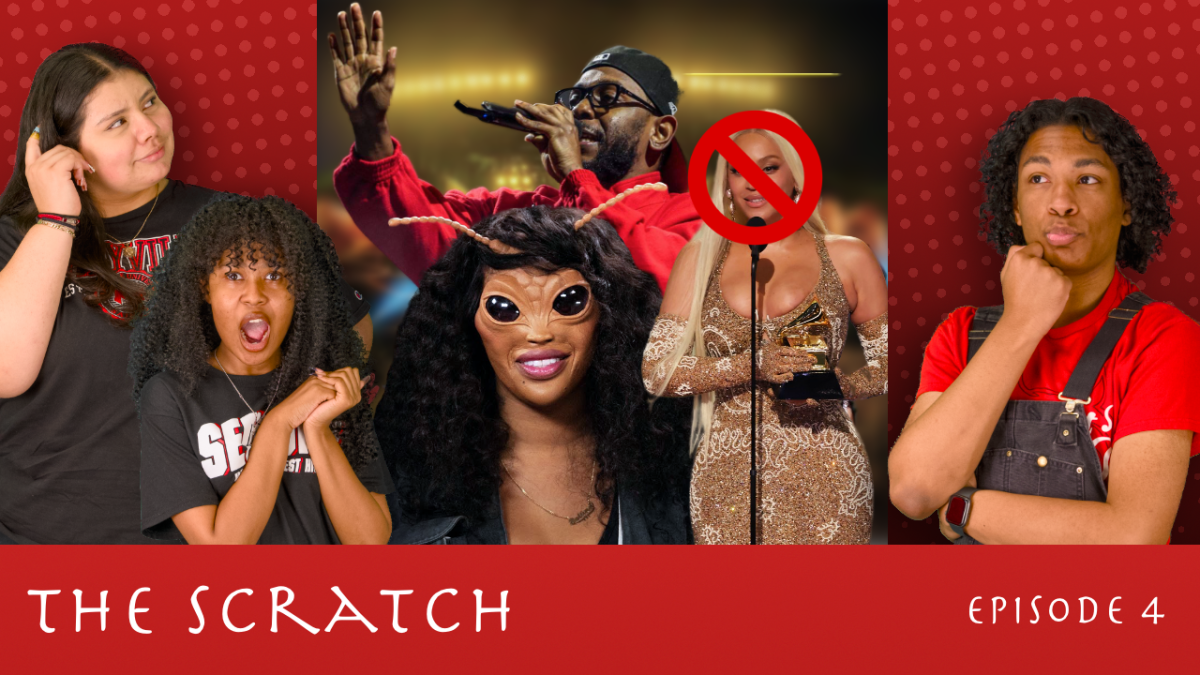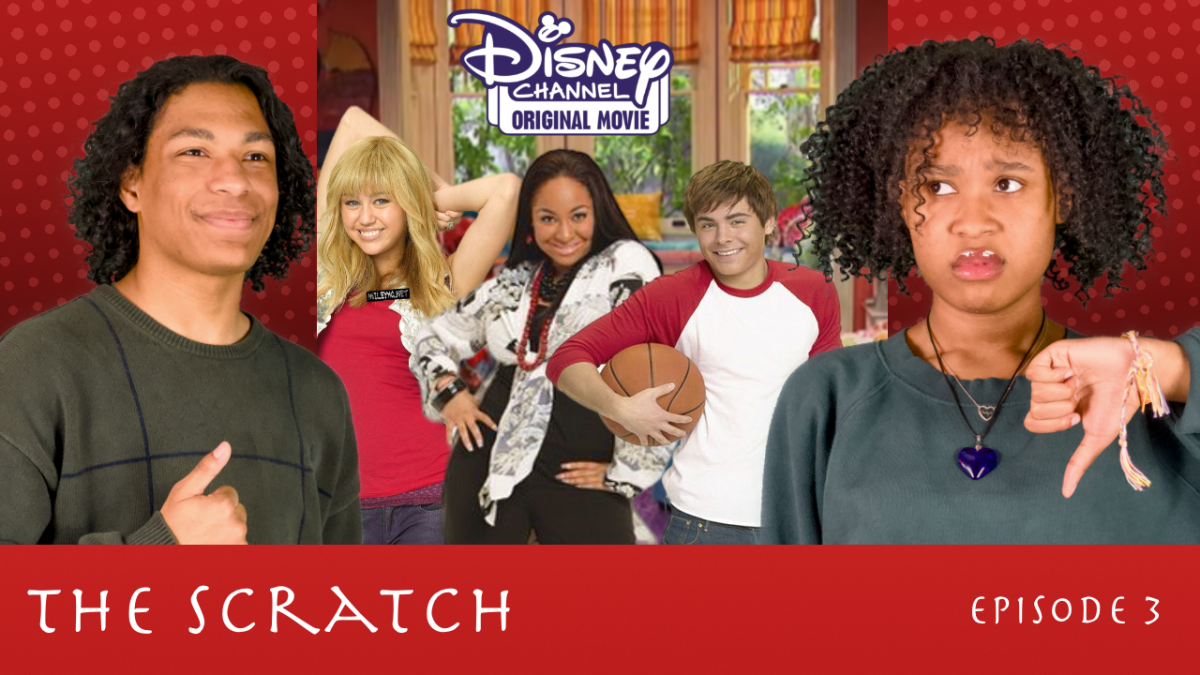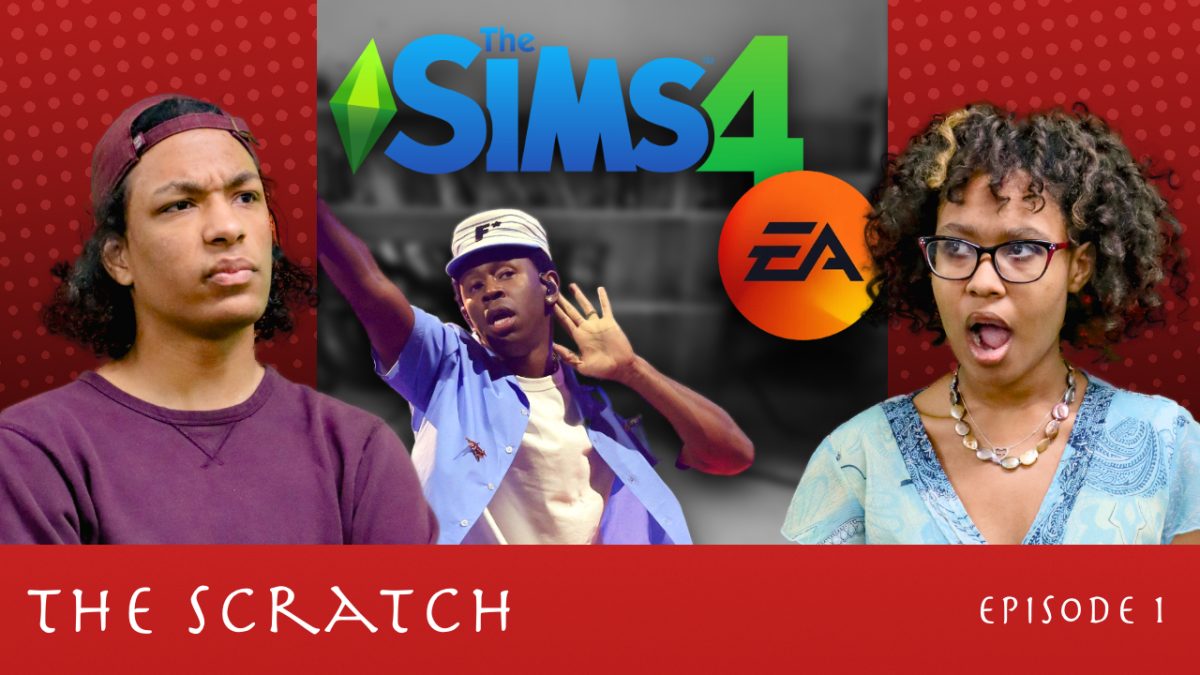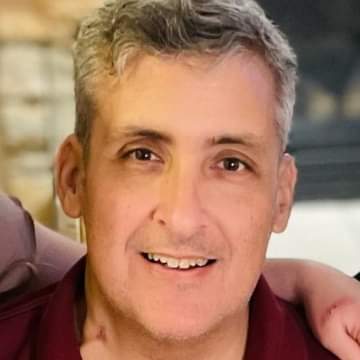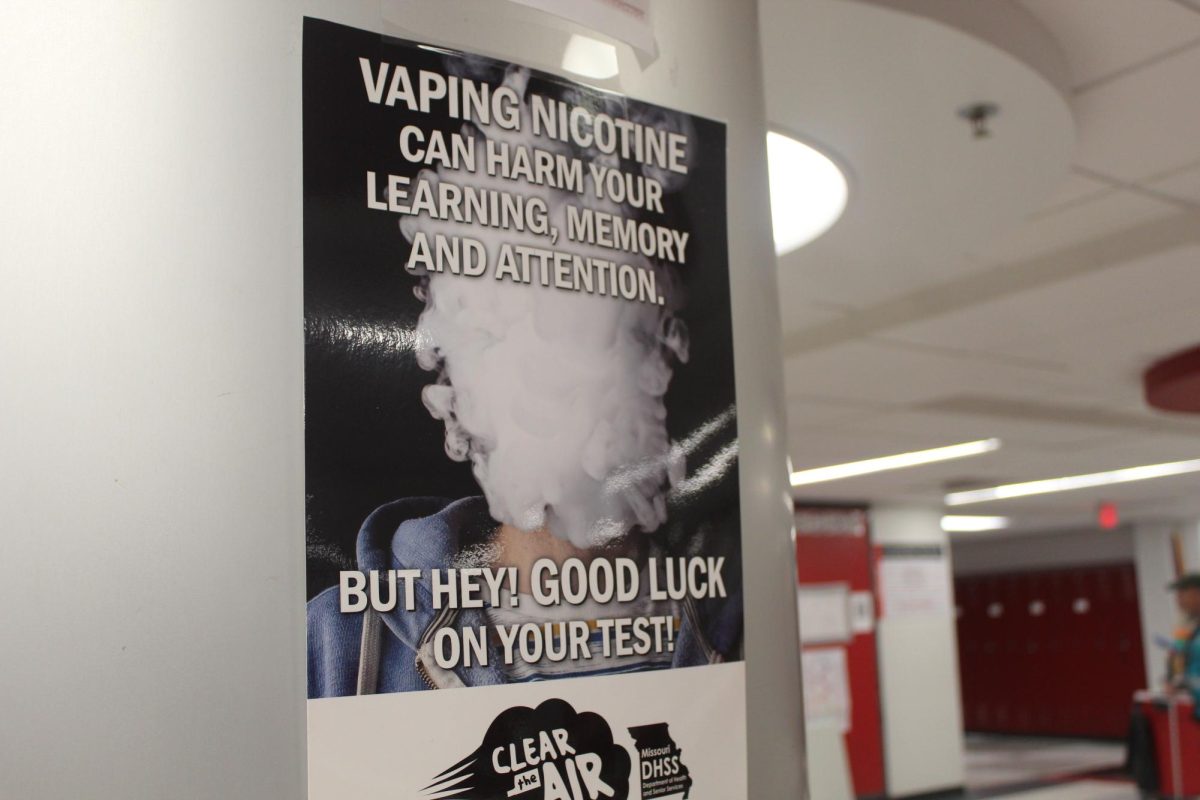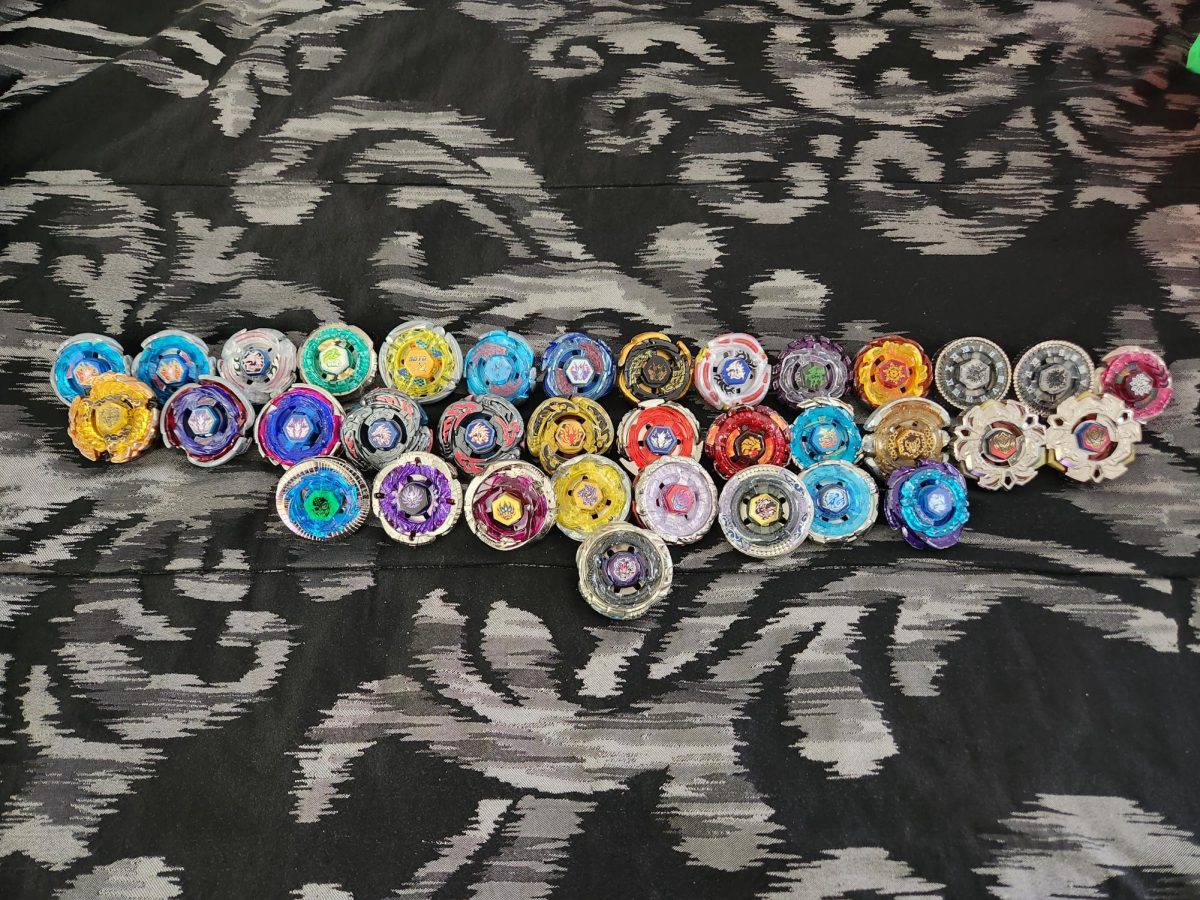According to an article by Ballard Brief, Black students tend to experience harsher disciplinary measures at higher rates than their peers in public schools in the United States (Racial Inequality in Public School Discipline for Black Students in the United States). Even now, as black and brown students are marginalized within schools, Kimberlé Williams Crenshaw, author of Black Girls Matter: Pushed out, Overpoliced and Underprotected, reveals in an article with NPR that Black girls find themselves to be specifically targeted.
“The disparity in punishment between black girls and white girls is greater than the disparity between Black and White boys.” (Study: Black Girls Are Being Pushed Out of School)?
This urgent issue resides close to Hazelwood West High School Senior Jamiah Hathaway, who shares her story as a victim of this treatment.
Hathaway’s first encounter with violence started in middle school; after her first year of sixth grade, she was sent to an alternative school, where she then found herself for the rest of her middle school experience.
“I felt I had a point to prove, something to show everybody else.” Hathaway said.
Fighting felt like the only option was self-defense, as her character was degraded amongst her peers.
“I was never aggressive or the ‘fighting type,’ until one day I just snapped; now I’m the bad person, the ‘ghetto black girl.’” Hathaway admitted.
This role of the ‘ghetto black girl’ is easy to take on, as this harmful perception of Black women is steady throughout history. This heuristic of black women being perceived as “difficult” or “aggressive” has pushed others away from black girls who are simply just kids, a trait Hathaway confesses she has seen within the administration at school.
“It’s unfair how the system works… it’s not that we’re always angry and causing a fight; it’s because we’re tired and at our breaking point.” Hathaway expressed.
Not all administrators pushed away young women like Hathaway; instead, they pulled them in. Instructional Coach Mrs. Anjanette Clark at Hazelwood West High School expresses her mission to guide young students to envision their potentially bright futures.
“This is a crisis – young women are following in this cycle of disparaging each other while we really should be lifting each other.” Clark declared.
Clark believes that by building this collective with an oath of support amongst our peers, change could be on the horizon.
“We need to stop looking for the negative within each other…if something is going on with somebody, help them work through it.” Clark concluded.
This curtain of negativity precisely drew Hathaway to a turning point in her life, now switching her mindset from wanting to prove something to others to proving something to herself.
“Seeing myself lash out and become so filled with anger, I knew that was not my character. I want to be something in life, I want to be able to help someone; how can I help people if I am always fighting, especially towards my own race?” Hathaway emphasized.
As Hathaway continues to strive and excel in academics, she works every day towards working within the pediatrics field after high school.
When dealing with an issue that holds much complexity, that has not only implemented itself throughout society and history itself but also unconsciously through the minds of our peers and communities, we must address and come forth as a whole to move forward.
As TED Talk speaker Monique W. Morris speaks on this perilous issue, she advises schools to build policies and practices that keep young girls connected to their learning instead of pushing them away, to control internal biases, and to make school a healing location.
Hazelwood West’s US Government, Women’s Studies, and Social Justice teacher, Ms. Kelly Russell, confirms the urgency of this issue as she conveys her vehement calling for injustice where she sees it and pushes her students to do the same. Russell explains how the solution to this crisis will take time but must be handled with care as something as imperative as a student’s vision of their future is on the line.
“If we are going to fix it, we have to make sure we get it right.” Russel asserts.

